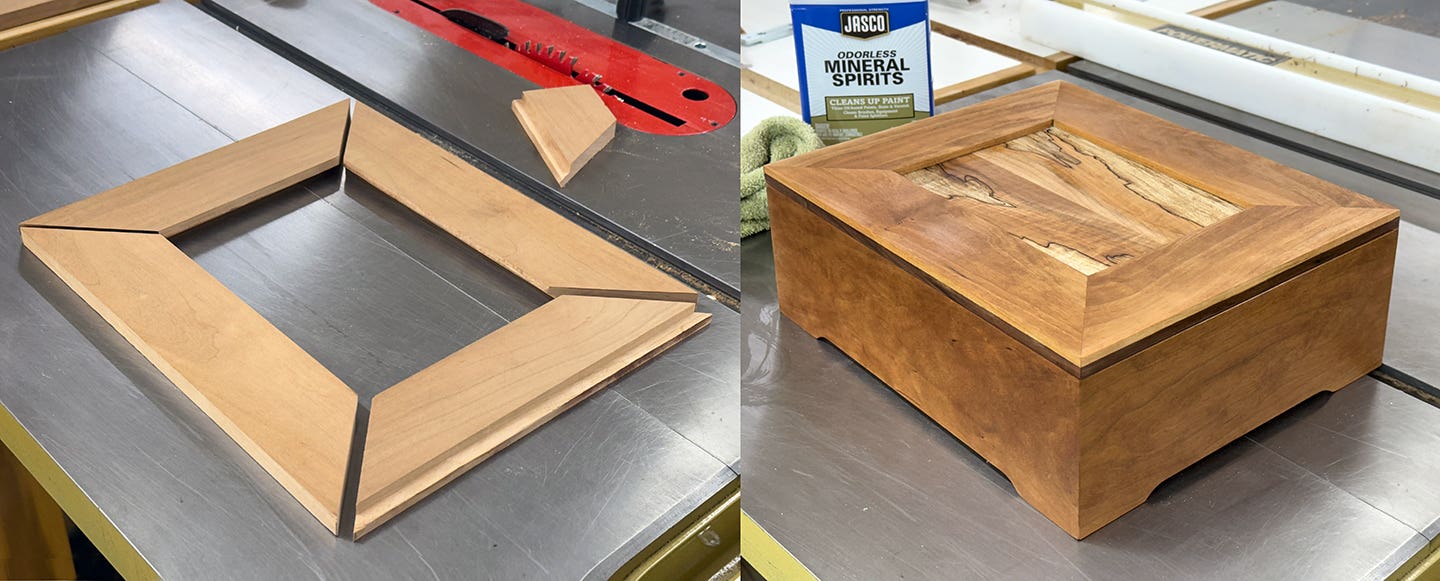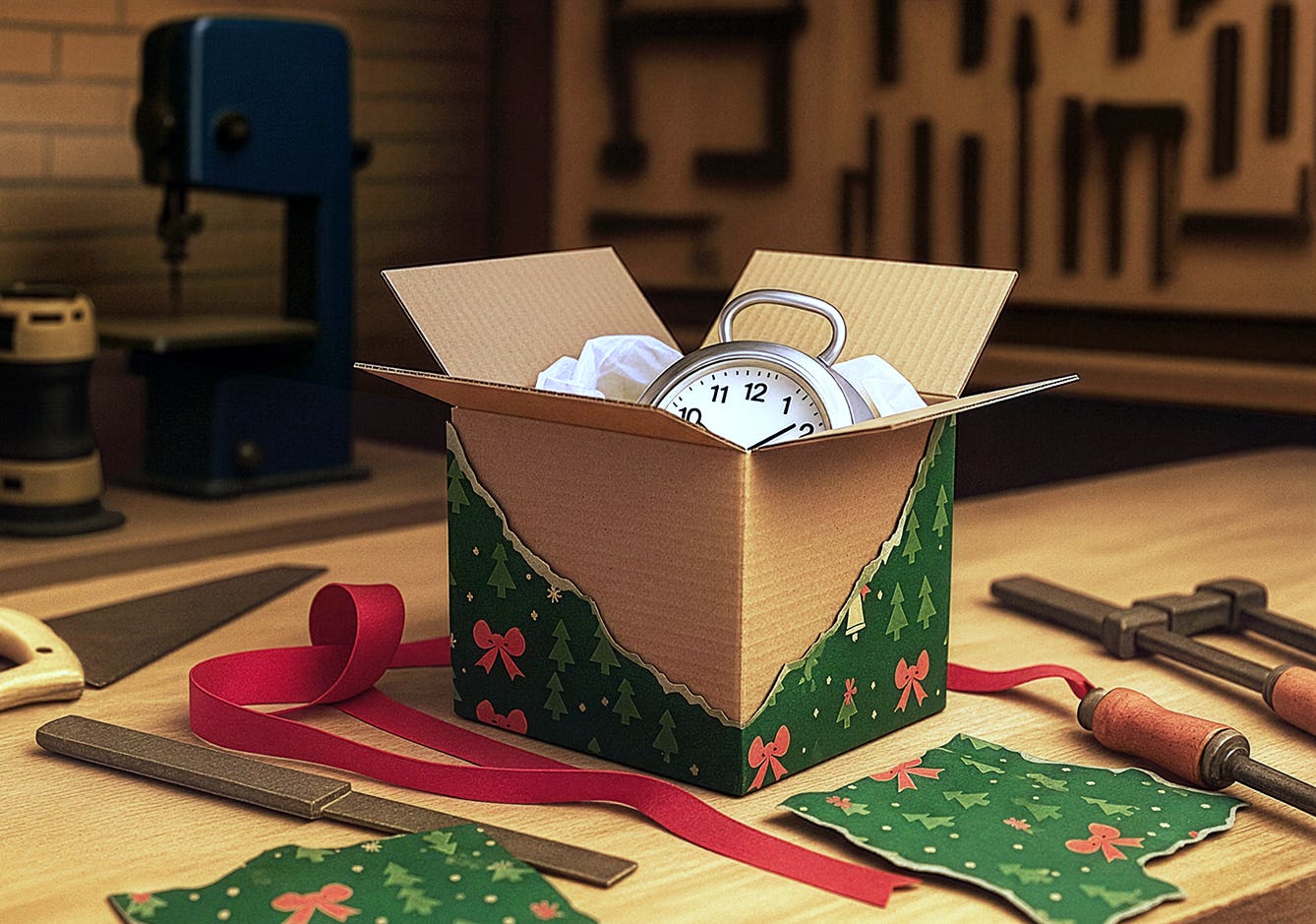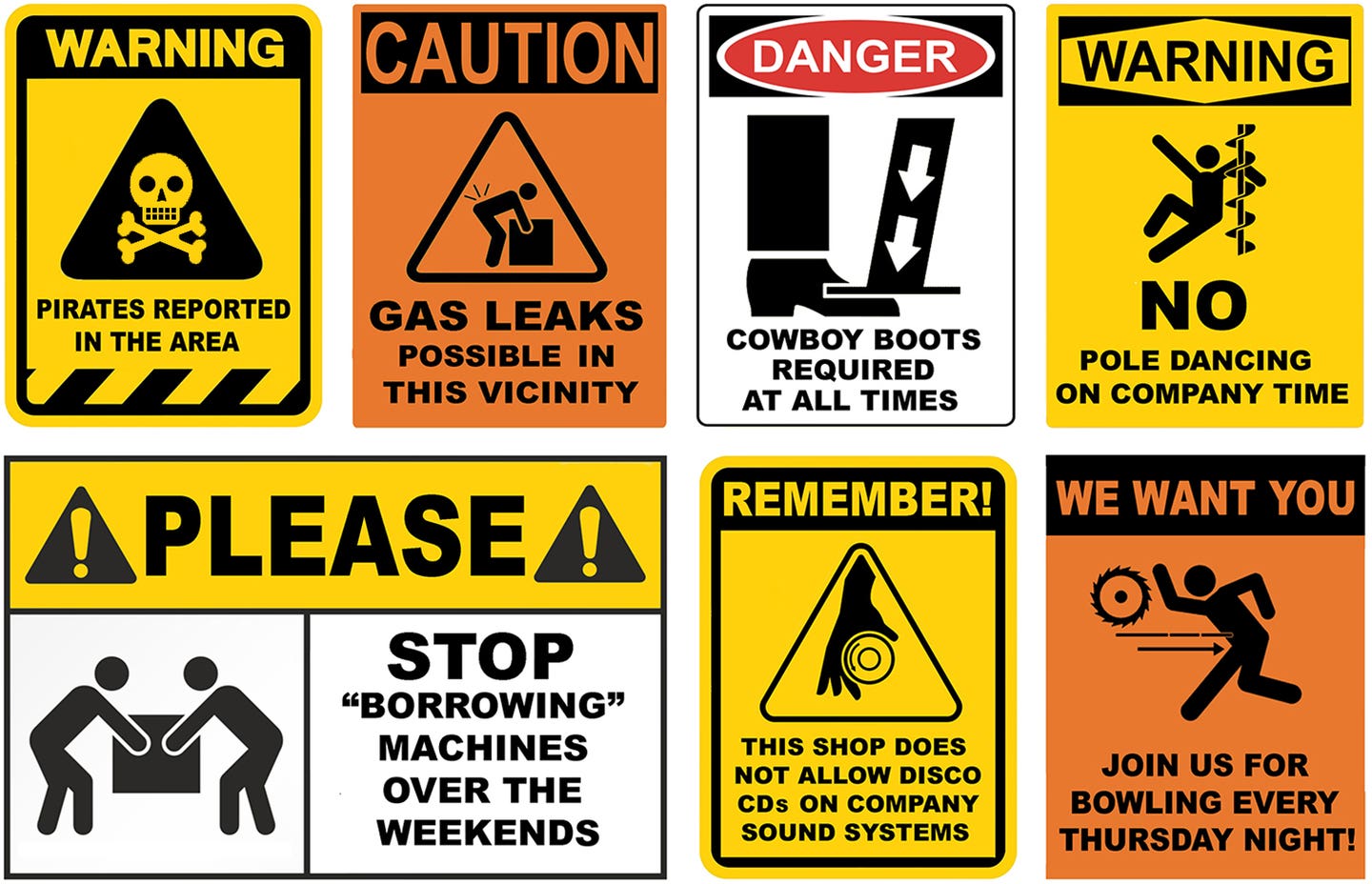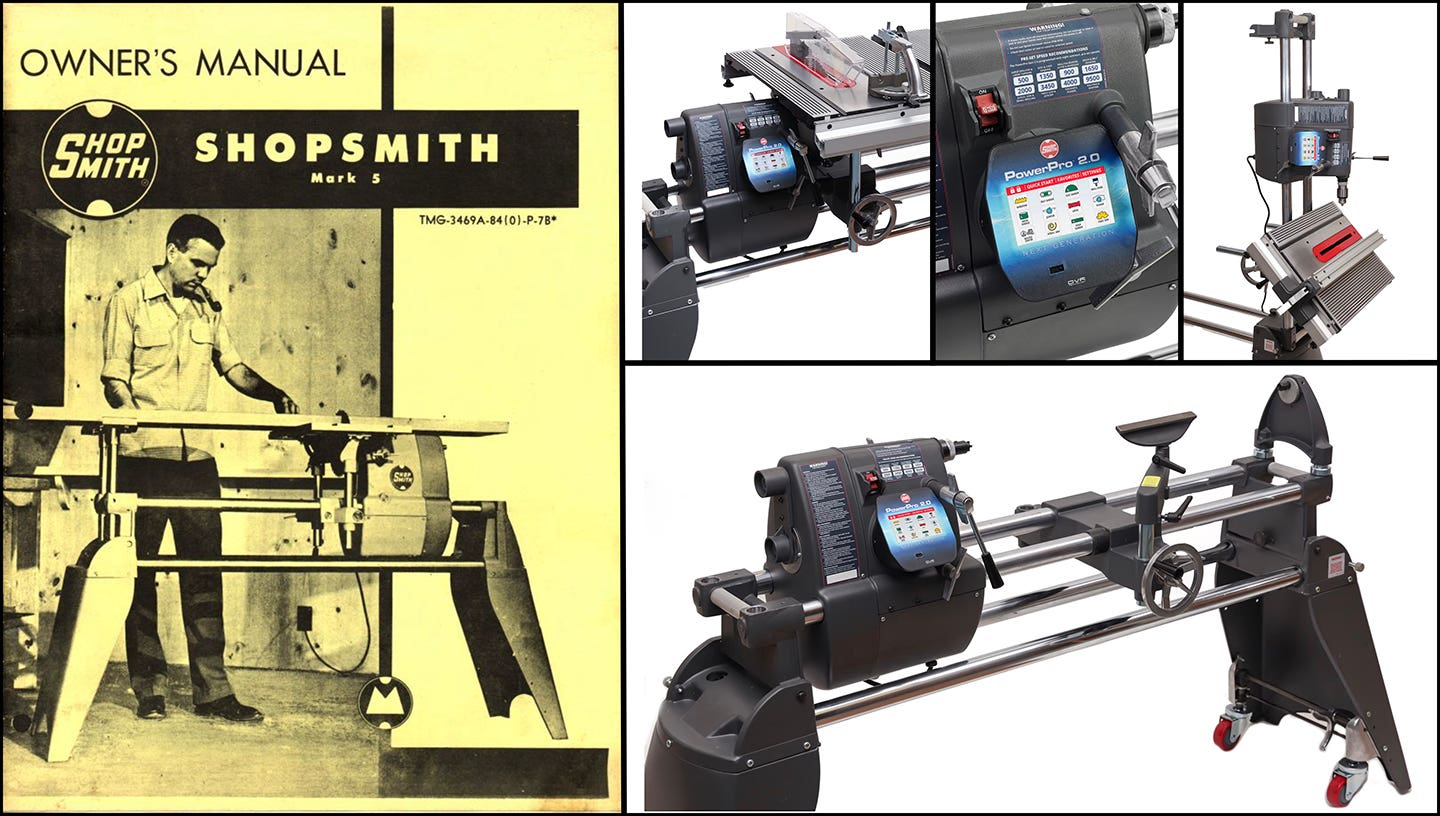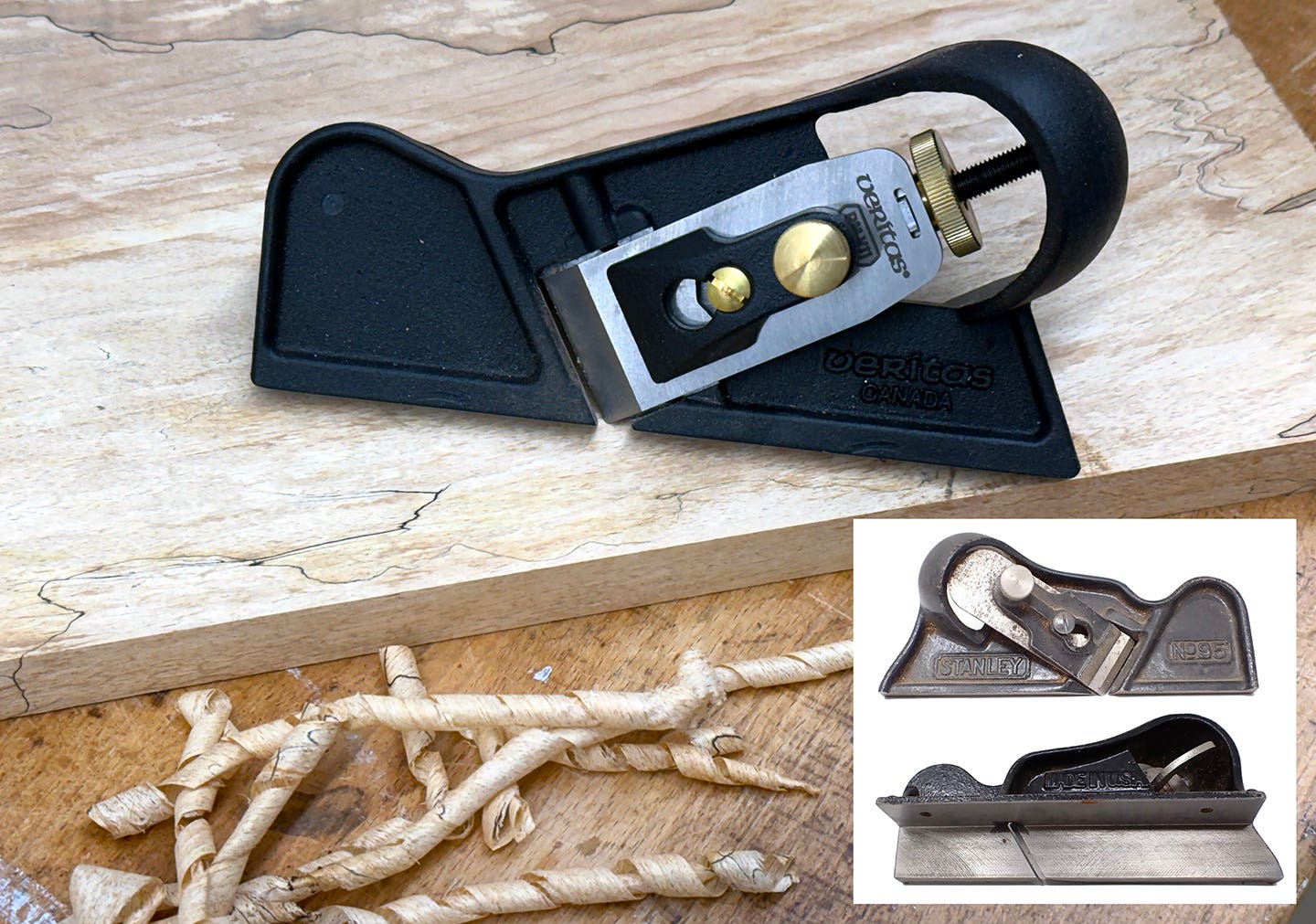Maybe we should think about this
Imagine that you are a complete novice who wants to make a patio bench for your spouse. You already have a chop saw but need to do some ripping. So…
Imagine that you are a complete novice who wants to make a patio bench for your spouse. You already have a chop saw but need to do some ripping. So you head off to look at some table saws.
You find saws ranging in price from a hundred bucks to upwards of $400 to $600. You think, "Well, I'm probably not going to use this all that much but the $100 one is obviously a toy and the top quality ones are more than I want to spend, so I'll just go for the middle one. It's a well-known brand so it should be of decent quality."
You get the saw home, set it up according to the instructions and then, before even turning it on, you read the entire manual including the fine print. You understand that you need to have the blade guard installed so you make sure it is. Then you realize that there is no way to measure the blade to fence distance with the guard in place. You attempt to hold it up with your wrist while you measure and try to adjust the fence with the other hand. It's not working out too well. Being a novice, you are not aware that a decent table saw fence would have a measuring scale which would make this whole process much simpler.
Then you think, "Wait a minute, the blade guard is removable. All I have to do is unscrew that little bolt with the plastic knob on it and off she comes. No problem." So you remove the guard and finally get the fence set. But when you go to reattach the guard, the little plastic knob strips and the bolt cannot be tightened. So you can't even put the guard back on. You decide to just go ahead and rip your wood thinking that you have push sticks (little flimsy plastic ones that came with the saw) and, having read the manual, you know never to make a cut without using push sticks. You should be OK.
With the fence set, the saw turned on and your push sticks in hand, you begin to rip your first piece of oak. Halfway through the cut, you notice that the wood is wandering away from the fence. Being a novice, you don't realize this is happening because the blade is not running true and is pulling the wood away from the fence. You think it's because you are not pushing it against the fence with enough force. So you try to reposition your push sticks to force the wood tighter against the fence.
Two things happen. First, the wood is being pressed against the side of the wobbling blade. Second, the fence is moving under the pressure because the locking mechanism is completely inadequate. As a result, the whole thing is binding up and you can feel the blade trying to lift the piece up off the table. This is not going well. You realize that the flimsy plastic push stick is going to break if you press any harder with it so you try to toss it aside quickly enough to get it replaced with your hand. At this point, the wood, which has been overheated by the friction from the blade, is starting to pinch the blade. The blade is warping from the heat and the situation is getting worse by the second. Being a novice, you don't even realize that, at this moment, you are in grave danger and that your best bet would probably be to let it go and duck for cover. Instead you try and force the wood to cooperate but even the small 3/4-hp motor is capable of exerting far more force than your hands and arms.
Let's leave our well-meaning friend at this point and draw Mark Twain's "curtain of charity" on the whole scenario. I just wonder what you think about this. Is there any culpability here at all? Can we simply look at our hero as being stupid? Or can we blame the store or manufacturer?
D.D.
David DeCristoforo possesses an extensive resume as designer/maker of fine furniture, high-end cabinetry and architectural woodwork. His experience in professional woodworking spans a period of 35 years. For the past 20 years David DeCristoforo Design has been located in Woodland, California. During this time David's shop has ranged in scope from a "full on" cabinet production shop with as many as 15 employees to a small fine furniture and custom millwork shop, working with his son, David RBJ, a highly skilled maker in his own right.


